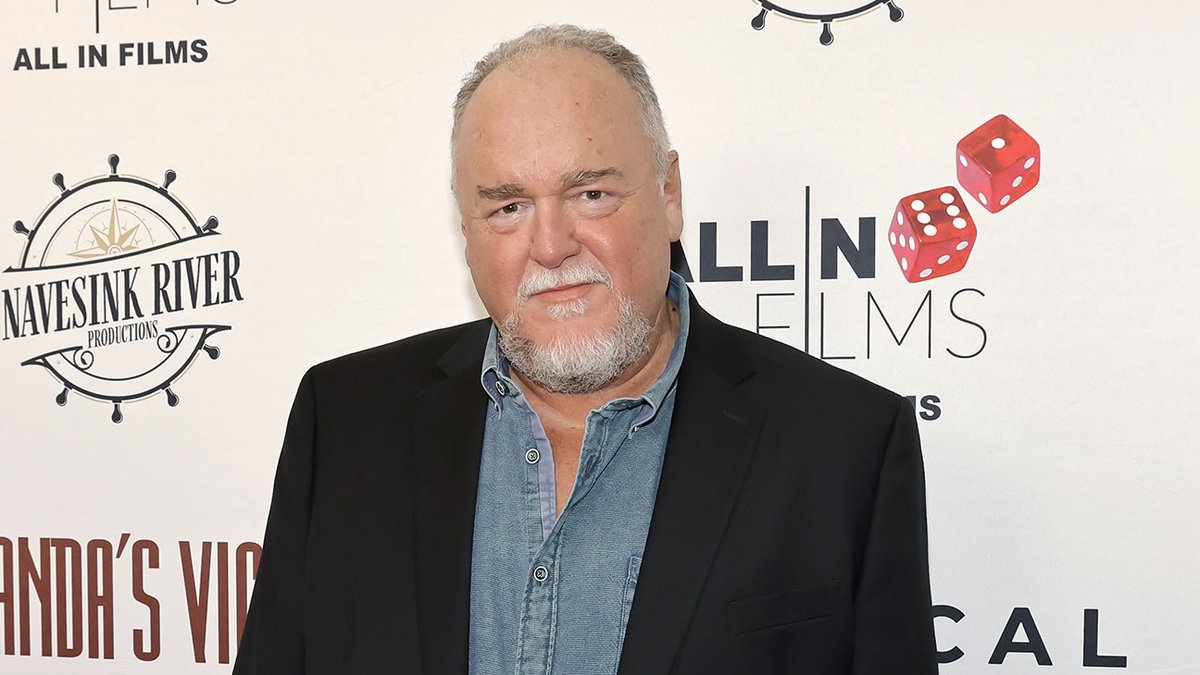Can Studios Flex Free Speech in Casting? The Brent Sexton Case Unpacked

Let’s dive into the theatrical drama that is the legal showdown between Brent Sexton and Apple Studios, a riveting narrative that echoes with all the flair of a Shakespearean tragedy—if Shakespeare had written about vaccine mandates and Hollywood casting decisions, that is. A California appeals court recently dismissed Sexton’s lawsuit against Apple, which had rescinded a $595,000 offer for his role in the miniseries “Manhunt” after he declined the COVID-19 vaccine. As the plot thickens, one must wonder: do studios possess the right to treat casting as a form of free speech, or are they merely puppeteering their actors like marionettes?
In a world where the First Amendment reigns supreme, this case had implications that stretched far beyond a single actor’s career. It brought to light the contentious intersection of public health policy and artistic expression. The court previously sided with Sexton, a notable player from shows like “Bosch” and “The Killing,” who argued that Apple’s rigid vaccination policy was discriminatory. However, last Friday’s ruling reversed that decision, invoking California’s anti-SLAPP statute intended to protect free speech from frivolous lawsuits. The court underscored that casting decisions are indeed a form of speech, stating that Apple’s choice to enforce a vaccination mandate was a significant stance amid a nationwide debate on public health.
With Apple’s policy aiming to minimize COVID-19 risks during the production—specifically in Georgia, a state notorious for its lax restrictions—the decision may have felt less like a personal affront and more like a corporate necessity. The justices emphasized that the case raised broader public issues, asserting that Apple was merely participating in a crucial discussion surrounding vaccine policies in the entertainment industry. It’s a classic case of balancing individual rights against collective safety, and you can bet your bottom dollar it won’t be the last we hear of this debate.
As we wrap up this legal saga that’s as dense as a Hollywood script, it’s clear that the lines between personal convictions and corporate mandates are increasingly blurred. The only thing left to ponder is how this ruling will influence future casting decisions and public health policies in the film industry. The curtain may have fallen on this act, but the drama is far from over.
**
Sources: Celebrity Storm and ** Hollywood Reporter, Variety, Deadline
Attribution: Kevin Winter (Creative Commons)




